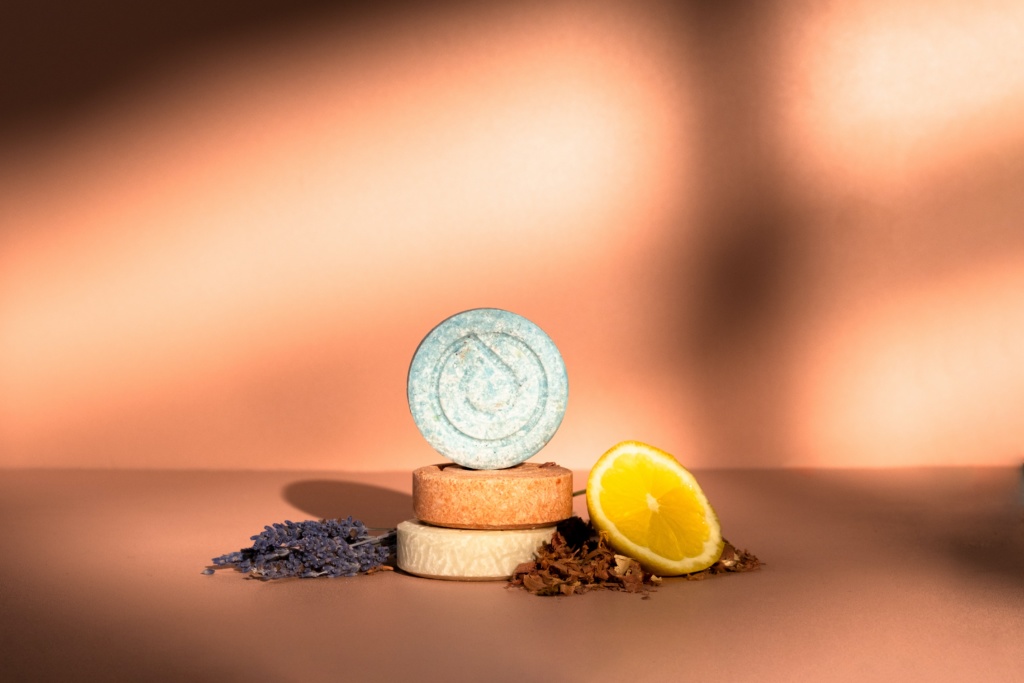The global organic market
In 2021, the global organic market reached nearly 125 billion euros. The organic agricultural area amounts to 76.4 million hectares. France ranks on the podium of the major organic markets worldwide, behind Germany and the United States, with a valuation reaching 12.7 billion euros in 2021.
In 2021, there were 3.7 million organic producers worldwide, representing an increase of 4.9% compared to 2020.
Source : FiBL (2021 data)
The organic market in France: consumption and inflation
According to figures from Agence BIO, the organic market in France amounted to 12 billion euros in 2022 across six distribution channels.
The food consumption of French households experienced an unprecedented decline in 2022, with a decrease of 5.1%, excluding inflation. The purchases of organic food products for home consumption by households decreased by 4.6%, representing a loss of nearly 600 million euros.
Nevertheless, while the decline in the organic sector was accelerated by store closures, direct sales held its ground, driven in particular by sales of organic wine, with a growth of +3.9%. Its dynamism comes from both a higher turnover of sellers already established in 2021 and an increase in the number of farmers engaging in direct sales to consumers.
Regarding out-of-home consumption, the market for organic products in all channels increased by 17% in 2022. It is observed that the entire restaurant industry is returning to “normal” activity compared to 2021, still marked by the post-COVID period.
Source : Agence BIO
What about our European neighbors?
In 2022, France is the top organic country in the EU in terms of surface area, ahead of Spain and Italy. However, it ranks 13th for its share of cultivated organic farmland. The European Commission aims for a significant increase in organic surfaces in the EU with a target of 25% by 2030. On the French side, the goal is set at 18% by 2027.
France is not the only country experiencing a decline in its organic market in 2022: the German market decreased by 3.5% compared to 2021, and the Finnish organic market declined by 8%.
At the same time, the Spanish organic market grew by 3.8%, and the Swedish market increased by 2.5%, driven in particular by direct sales and out-of-home consumption.
Source : Agence BIO
Focus on organic cosmetics
51% of French people consume organic cosmetics and hygiene products. A market that continues to grow with new consumers: the majority of organic cosmetics buyers are recent buyers (77% have been consumers for less than 5 years).
Xerfi predicts an increase in the consumption of natural and organic cosmetics by 4% in 2023 and 7% in 2024.
Source : Cosmébio
Focus on dietary supplements
Nearly 60% of French people consume dietary supplements. 40% of these consumers are recent, having started in the last 2 years.
Fatigue, stress, and sleep disorders affect nearly 2 out of 5 French people. 43% of French people consume dietary supplements to stay in good shape, and 45% to strengthen the immune system.
Among the most successful dietary supplements, 64% are vitamins and minerals, 42% are bee products (honey, royal jelly, propolis, pollen), and 30% are Omega 3/6/9.
Source : Synadiet











